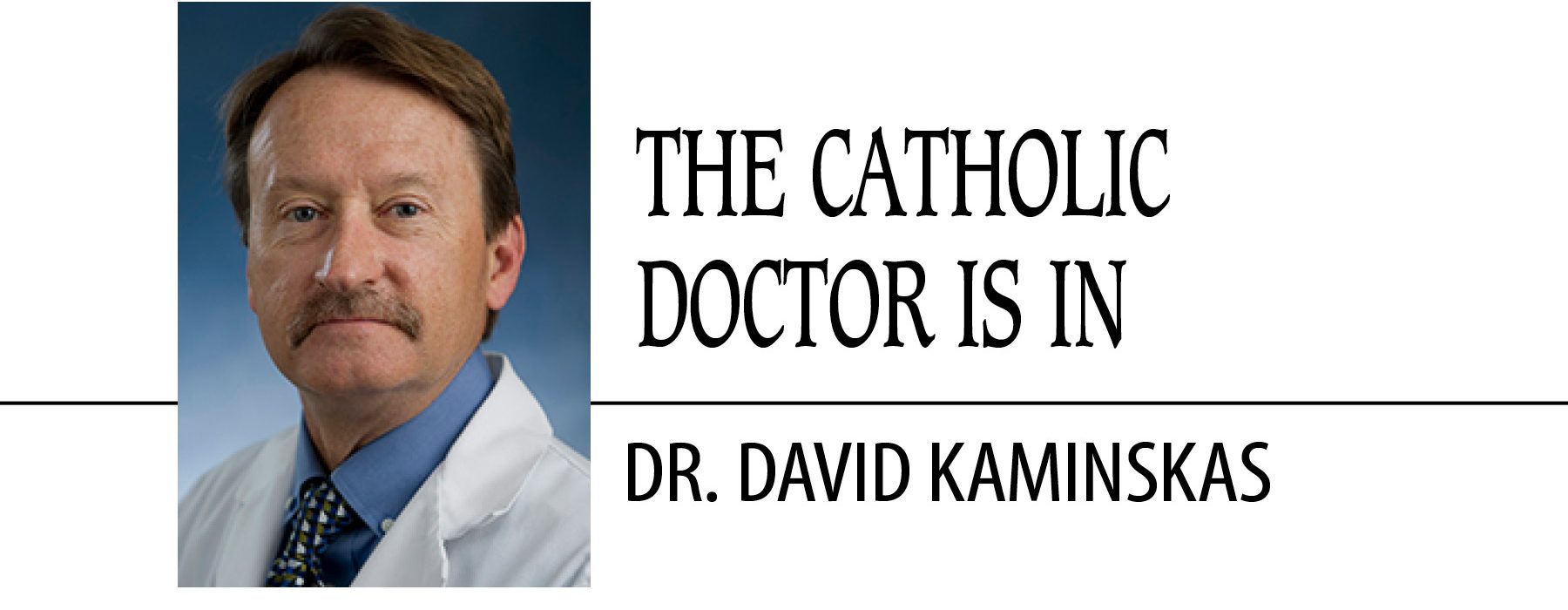February 10, 2021 // Perspective
Shared decision-making in medicine
In recent years, there has been a lot of discussion about shared decision-making in the practice of medicine. One of the main reasons for this is that some in the medical profession have been getting failing marks in their communication skills. I am sad to say the worst offenders can be the physicians. Unfortunately, there are some physicians who still believe they know what is best for their patients without having an open discussion about the various choices.
When a significant decision needs to be made, it is the duty of the physician to explain and discuss the diagnosis, options of treatment, risks and benefits, and explore what the patient’s preferences might be. As a Catholic doctor I will follow the teachings of the Church, but I also need to explore the values of each patient.
People have various cultural backgrounds and experiences that will affect their decision-making. A very elderly person may have different wishes than somebody who is quite young. Gender can even play a role in what type of medical decision a person chooses.
In the area of cardiology there have been recent, well-controlled scientific studies that have proven that a conservative treatment plan for coronary artery disease can have a comparable outcome to a more aggressive approach. Allow me to better illustrate this point.
A common scenario is someone who goes to see their primary care physician with chest pain and has a stress test done for further evaluation. If the stress test is positive (abnormal), they usually get referred to a cardiologist. A positive stress test means there is likely coronary artery disease, and a significant blockage may be present. Just a few years ago, most of these patients would be told outright that they needed a cardiac catheterization. There would be a high likelihood they would end up getting a stent or possible bypass surgery.
A recent controlled study divided patients who had an abnormal stress test into two groups. One group was randomized to getting a heart catheterization, which has been the typical plan for many years. A high percentage of these people would be treated with an intervention such as a coronary stent or bypass surgery.
The second group was treated with medications, diet and exercise. When these two groups were analyzed five years later, there was little difference between them. There was no statistical difference in the heart attack rate and death rate between the two options. In other words, if my patient is willing and compliant with taking multiple prescription medications and lifestyle changes to reduce their risk of cardiac event, then they have a really good chance of being successful.
The one area where stenting or bypass did better was in quality of life – there was less angina (chest discomfort) in this group. With this new information, I feel more obligated than ever to discuss this conservative option with my patients during shared decision-making.
Some of my surgical colleagues who perform back surgery will probably not be pleased with my next analysis. Many patients who have back pain from disc disease — herniated or bulging discs — would do just as well with a trial of physical therapy before going under the knife. Multiple studies have shown that one year after having back surgery for disc disease there is no significant difference in outcome when compared to those who chose physical therapy. By avoiding surgery, you would save yourself the pain, cost and prolonged recovery time needed to recuperate from the operation. Your surgeon should be discussing all these options with you in a shared decision-making format.
When you see your doctor, you should be armed with multiple questions to better explore the options of treatment that are available. If you are told you need surgery, then ask what the success rate will be. If it is a new type of procedure you might ask how many of this type of surgery he or she has done before, and what is going to be the estimated recovery time. Also, always ask what the alternatives to surgery are.
Talking to your Creator in prayer is a form of decision-making. As you are challenged with important decisions in your life, you would be wise to begin the process with contemplative prayer. Is your choice going to bring you closer to your salvation? How is your heavenly Father directing you? As you pray about a serious decision, listen carefully for spiritual guidance.
I have had the honor of writing as “The Catholic Doctor Is In” for about six years, with over 70 articles. Next month will be the last article I publish for a while. I thank you for allowing me to come into your life through these writings.
The best news. Delivered to your inbox.
Subscribe to our mailing list today.






